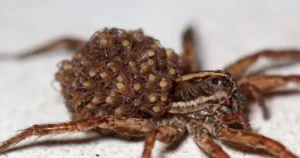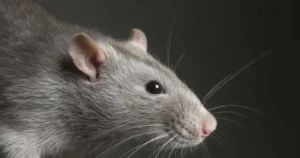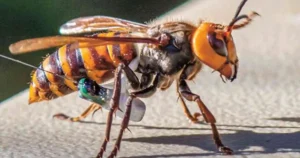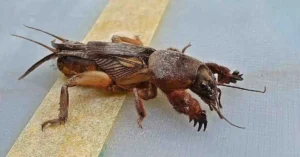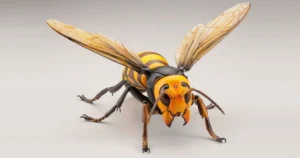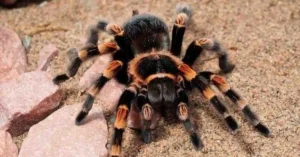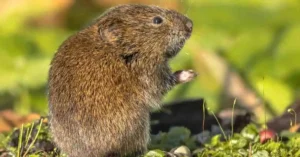Cockroach bites are an unpleasant reality for those dealing with infestations. While these pests are more known for contaminating food and spreading diseases, they occasionally bite humans. This guide explores everything about cockroach bites, including their causes, risks, treatments, prevention, and misconceptions, offering you a comprehensive understanding.
Can Cockroaches Bite Humans?
Yes, cockroaches can bite humans, but it is not their first instinct. Bites usually occur when cockroaches are under stress, facing food shortages, or their population has outgrown their habitat. They may nibble on exposed skin, especially during sleep, mistaking it for food.
Characteristics of Cockroach Bites
- Small, red, itchy bumps.
- Commonly found on fingers, hands, or face.
- Resemble mosquito or bed bug bites but can be larger and more painful.
Cockroach bites are not common and are often a sign of a severe infestation, where competition for resources forces these pests to search for unconventional food sources.
Why Do Cockroaches Bite?
Cockroaches are opportunistic feeders, consuming organic material, whether it’s leftover food, book bindings, or skin. They bite humans only when:
- Food is unavailable: They search for alternative protein sources.
- Severe infestations occur: Overcrowding increases the likelihood of human contact.
- Misidentification during sleep: They mistake exposed skin for food or moisture.
Although rare, bites can occur more frequently in homes with poor sanitation or where cockroach populations are poorly managed.
Health Risks of Cockroach Bites
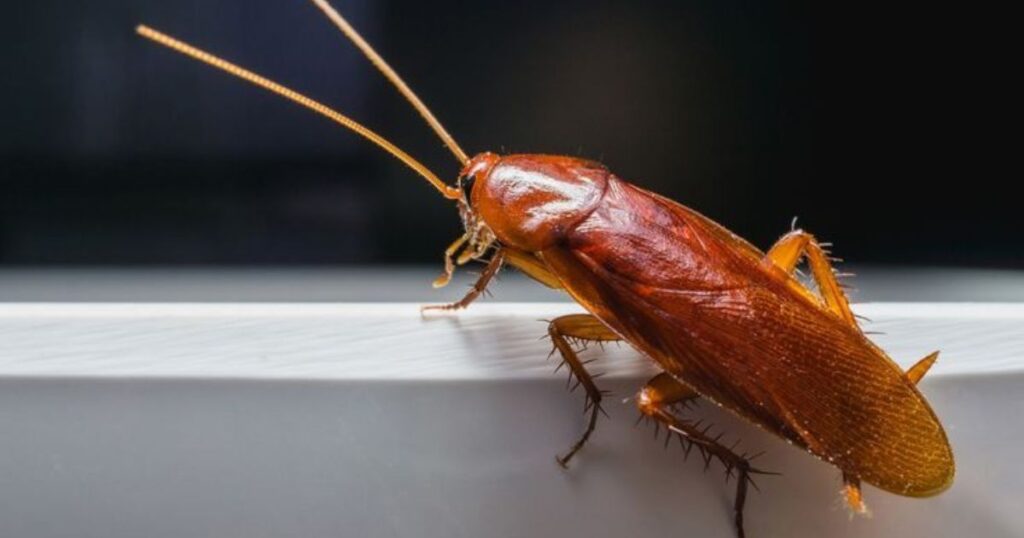
While cockroach bites do not contain venom, their saliva and physical contact can lead to several health concerns:
Allergic Reactions
Cockroach saliva contains proteins that can trigger allergic reactions, leading to swelling, redness, and itchiness.
Secondary Infections
Scratching the bite increases the risk of bacterial infections. Cockroaches carry pathogens on their bodies, making any wound potentially harmful if untreated.
Psychological Impact
Living with cockroaches and dealing with their bites can cause anxiety or sleep disturbances, especially in those with pest-related phobias.
Potential Disease Transmission
Although rare, cockroaches harbor bacteria, including E. coli and Salmonella, which could infect bites or other parts of the body.
How to Treat Cockroach Bites
Prompt treatment minimizes discomfort and prevents complications. Here’s how to handle bites effectively:
- Clean the Area: Wash the bite thoroughly with soap and water to reduce the chance of infection.
- Apply a Cold Compress: Wrap ice in a cloth and apply it to the bite to reduce swelling and soothe the skin.
- Use Topical Treatments: Apply over-the-counter hydrocortisone creams or antihistamines to relieve itching and redness.
- Avoid Scratching: Prevent worsening the wound by keeping nails trimmed or covering the bite with a bandage.
- Monitor for Signs of Infection: If swelling, redness, or pain persists, consult a doctor.
Home remedies like aloe vera or tea tree oil can also provide relief for mild bites.
Preventing Cockroach Bites
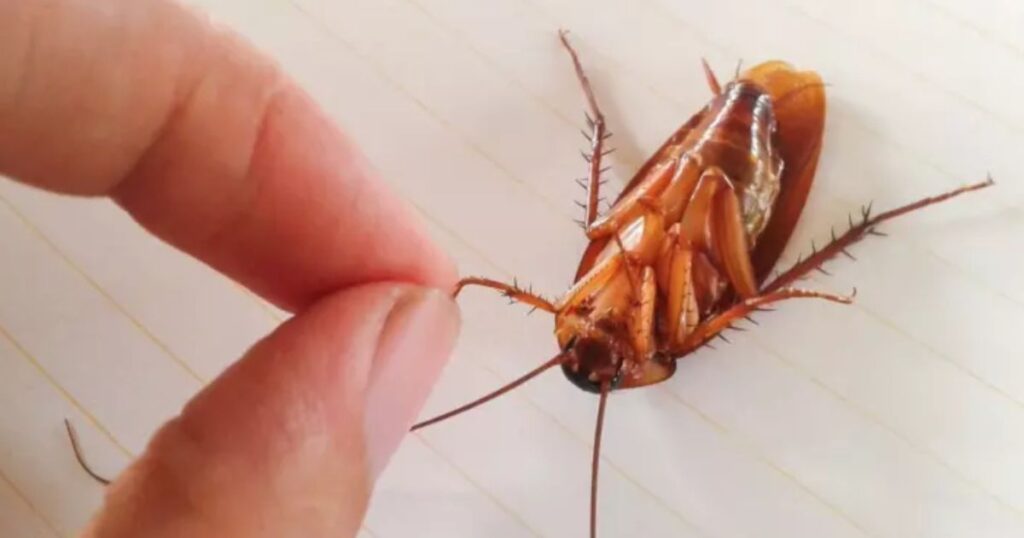
Prevention is the best solution to avoid cockroach bites and infestations. Implement these strategies:
1. Maintain Hygiene
- Clean up food crumbs and spills immediately.
- Regularly take out the trash and clean trash bins.
- Avoid leaving dirty dishes in the sink overnight.
2. Seal Entry Points
- Repair cracks and gaps in walls, windows, and doors.
- Cover drains with fine mesh to block access.
3. Reduce Attractants
- Store food in airtight containers.
- Keep pet food sealed and off the floor.
4. Use Effective Pest Control
- Place bait stations or sticky traps in high-traffic areas.
- Use natural deterrents like bay leaves or essential oils such as peppermint.
- Hire professional exterminators for severe infestations.
Regular inspection of hidden areas, such as under appliances or inside cabinets, helps spot early signs of infestation.
Cockroach Infestations: When to Seek Help
A single cockroach might not seem alarming, but spotting multiple cockroaches or their droppings indicates a growing problem. Signs include:
- Presence of egg cases (oothecae).
- A strong, musty odor.
- Smear marks on walls or surfaces.
Professional pest control services can identify the type of cockroach and implement tailored strategies to eliminate them.
Myths About Cockroach Bites
Myth: Cockroach Bites Are Fatal
Fact: Cockroach bites rarely cause severe harm. However, untreated wounds or allergic reactions can lead to complications.
Myth: Only Dirty Homes Have Cockroach Problems
Fact: Even clean homes can face infestations if cockroaches find access points or attractants like food and moisture.
Myth: Cockroaches Only Bite During Infestations
Fact: While more common in overcrowded colonies, individual bites can occur when food is scarce.
Conclusion
Cockroach bites are a rare but unsettling consequence of living with these pests. While they are not venomous, the potential for allergic reactions or secondary infections underscores the importance of addressing infestations promptly. Maintaining a clean environment, sealing entry points, and using pest control measures can protect your home and family.
FAQs
Do cockroach bites carry diseases?
Cockroach bites themselves do not directly transmit diseases. However, bacteria on their bodies, like Salmonella or E. coli, can infect bite wounds.
How can I differentiate cockroach bites from other insect bites?
Cockroach bites are slightly larger than mosquito bites and often occur on exposed skin, like the hands or face, while sleeping.
Can cockroach bites cause long-term damage?
In most cases, cockroach bites heal quickly. However, untreated bites or severe allergic reactions may require medical intervention.
Are cockroach infestations common in urban areas?
Yes, urban areas with high population density and poor sanitation often experience frequent cockroach infestations.

James William is a passionate animal lover and expert in the Animals and Pets niche. With years of experience in pet care, wildlife studies, and blogging, James shares practical tips, heartwarming stories, and expert advice to help pet owners build stronger bonds with their furry, feathered, and scaly companions.


